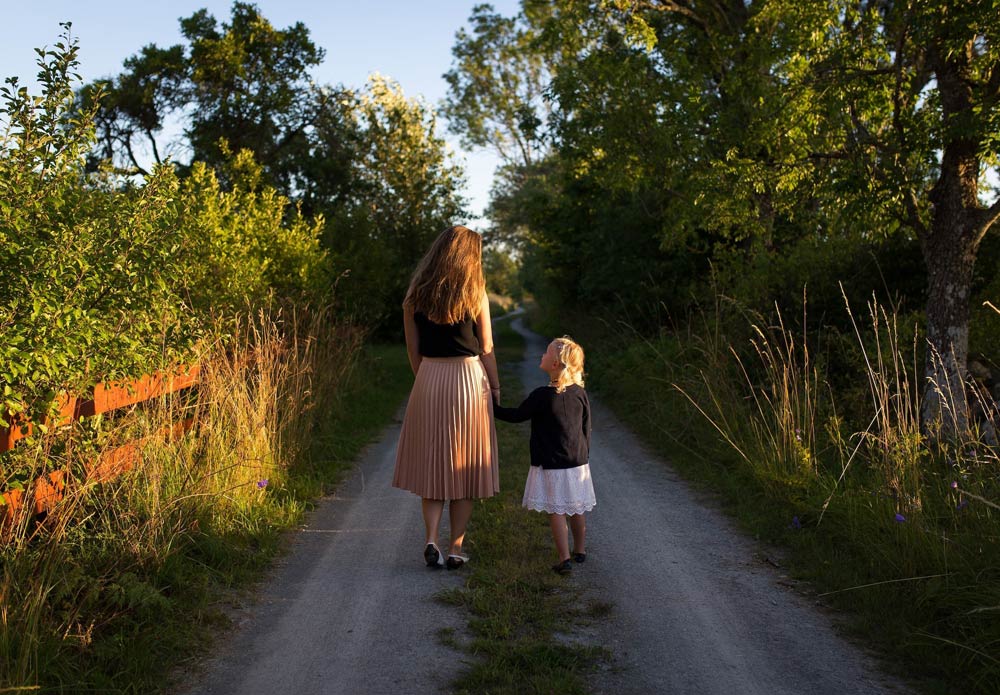How to Respond to Your Child

This may look like:
- Stating their fears to see your reaction
- Expressing their emotions to see if yours matches
- Asking questions to see if your response parallels theirs
Children look at adults as the ones with all the answers, and most of the time, we come up with those answers on the fly, or trial by error because we too are simply human ourselves.
Unfortunately, at times we hear our children speak words over themselves that we can’t quite understand, justify or acknowledge. And that is OK. We too, here at Integrative Therapy and Coaching, have moments like that, where our clients share information and the only way we can respond is by taking the “clinical” out of our “clinical work”.
The same can go for parents when we hear our children share deep or dark thoughts, or speak negative words of themselves, or look down on their value.
We don’t have to spring back into parent mode and problem solving mode, but we can:
Listen, then respond. Your support doesn’t always have to be a solution, it can be just to listen and to understand why they are feeling this way.
As parents, and clinicians, we always want to support, reassure, justify, but sometimes, when we listen and acknowledge the words, comments and conversations of our children, we are able to find a solution by a different approach.
For example, when your child says something such as… “I am sad…”, “I wish I could disappear…”, “I hate how I look…”, we often want to find a solution and resolve them of these feelings and discomfort, but what we can do is explore and question so we can then have a greater playing field of information to then help them find a solution.
Here are some examples as to how you can respond:
“I am sad…”:
- When did that feeling start?
“I wish I could disappear…”
- “I haven’t heard you say that before, can you explain what that means?”
- “Disappear from where?…This room, or school, or etc.,”
“I hate how I look”
- “Let’s look together and you can show me what is bothering you”
When we use questions as our response, we show our children that we are willing to learn and explore this feeling with them. By this, we are building trust and building our relationships.
We are here to help you best support your child’s needs and navigate the best next steps. Integrative Therapy and Coaching offers a FREE 15-minute consultation with our Clinical Director in hopes we can recommend resources or provide service to best support your child’s diagnosis, academic interventions and clinical support. We are known for our adolescent counseling services, integrative psychotherapy and emotion regulation therapy. We see the value in mindfulness when providing services such as family counseling in CT and Psychotherapy in CT. If you would like to learn more about our resources and the network we share, contact us today to schedule your FREE consultation!
